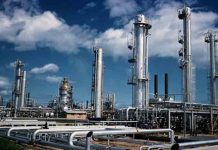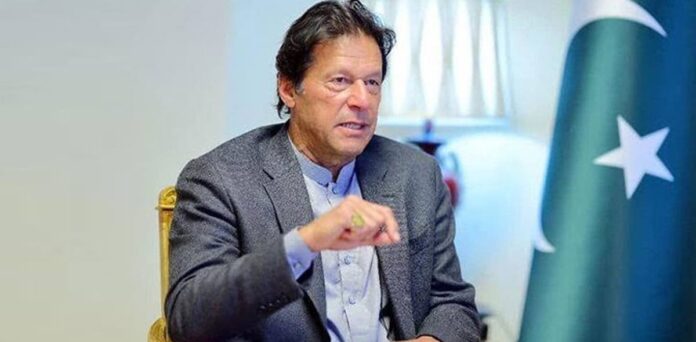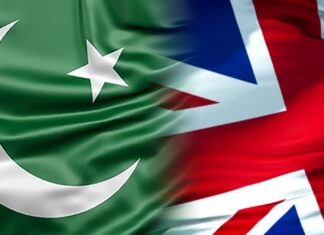ISLAMABAD: Prime Minister Imran Khan on Tuesday constituted a four-member committee to investigate the shortage of fuel that affected millions of Pakistanis earlier this month.
The committee will be headed by PM’s aide Shahzad Syed Qasim and includes Rashid Farooq, Asim Murtaza and Naazir Abbas Zaidi. The convener of the committee can include any other members as well, according to a notification issued from the PM’s office.
The committee will explain the impact of price reduction on the import and availability of petrol.
It will identify hoarding by oil marketing companies, including curtailment of supply from depots to retail outlets, as well as hoarding by petrol stations.
The inquiry committee will identify whether the availability of petrol this year was higher than compared to what it was in the corresponding months of last year, and the impact of coronavirus pandemic on the fuel availability, if any.
It has also been tasked to analyze the role of Petroleum Division and the Oil and Gas Regulatory Authority (OGRA), and actions taken by them to address the issue of fuel shortage.
The committee will evaluate the possibility of market manipulation or cartelization by OMCs or retail outlets, and any other issue related to the crisis.
Several oil marketing companies used pressure tactics and created a petrol crisis in the country, forcing people to line up at petrol pumps in huge numbers so that the government would relent and allow them to increase the prices.
The artificial shortage came after a reduction in the price of petrol by Rs7 for the month of June. The government appeared to have eventually given in to OMCs after it increased the petrol price by Rs25 on June 26.























